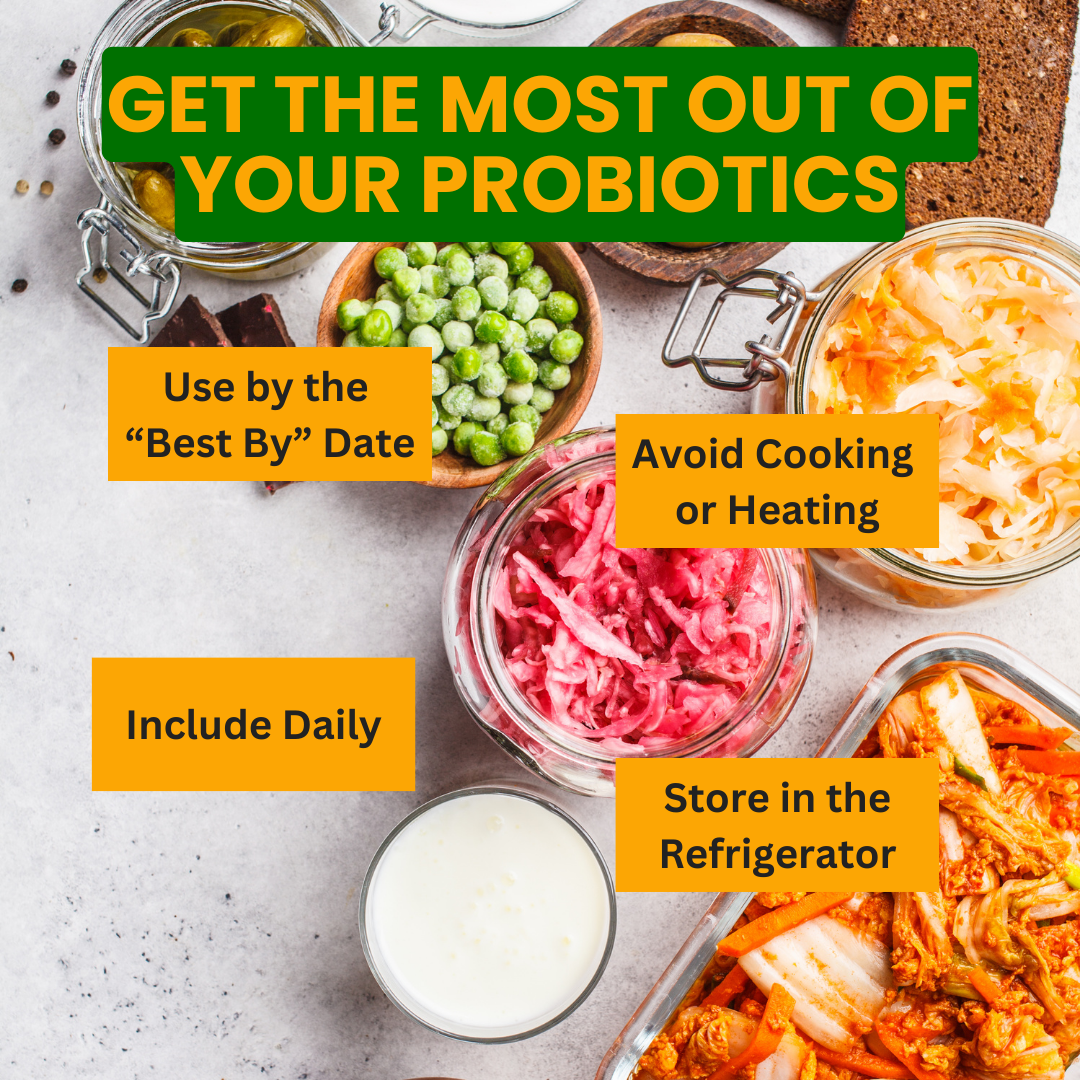3 Ways to Better Gut Health
Have you heard the expression “listen to your gut”? In the past this referred to using your intuition and trusting your feelings. However, over the last decade or so, this expression has taken on a whole new meaning as we’ve learned so much more about how our gut health impacts our overall health. When our digestion is out of balance, it is more than just a “feeling,” it can impact nearly every part of our body and have very real effects.
What is your gut telling you?
A healthy gut can contribute to heart health, improved mood, better sleep & cognition, a stronger immune system, and even help you to reach and maintain a proper weight. If your digestive system is imbalanced, you could experience diarrhea, constipation, bloating, fatigue, or heartburn. Does this sound familiar?
Many people turn to supplements and powders to improve their digestion, but many of these items are not well regulated, may not address your problem, and for some people may lead to other unwelcome effects. The good news is that a healthy diet is the #1 thing you can do to help support healthy digestion and balance the growth of beneficial microbes in your gut.
Let’s look at ways to achieve better gut health with no supplements required.
Mind Your “Pre’s” and “Pro’s”
Prebiotics and probiotics rely on each other to support good digestion. Prebiotics help to promote the growth and activity of probiotic bacteria in the gut. Essentially, they are the food of probiotics. You can find them in nondigestible fibers, such as inulin, oligosaccharides, and polydextrose naturally in many plant-based foods. Good sources include:
Asparagus
Bananas
Beans
Chicory Root
Flaxseeds
Garlic
Jerusalem artichokes
Leeks
Onions
Peas
Sweet Potatoes
Wheat bran and Whole Wheat
Probiotics are live, active microbes that promote gastrointestinal health and immune function. They help you digest foods you eat for better absorption of nutrients and transit through the gut. What you eat and drink, your health status, antibiotic use, and stress levels can all impact the probiotics in your body. Common sources of probiotics in the diet include:
Fermented dairy foods such as kefir, yogurt, and cheese
Pickled vegetables such as kimchi, unpasteurized sauerkraut, miso, tempeh
Fortified shelf-stable foods: cereals, granola bars, drinks (can be more costly, potency isn’t a sure thing, and may not be the best choice for overall nutrition)
With a strong team of “pre’s” and “pro’s” your gut health will be working on your side to help you feel your best.
Keep A Balance
You’ve heard it before, life is a balancing act. A good balance is also important for your gut health. Avoid having large periods of time without eating or having an inconsistent meal schedule to support the best digestion. Aim to balance meals frequently throughout the day. Having meals that are similar in size and consistently spread throughout the day helps promote regular bowel movements and avoids overwhelming the digestive system at any given time.
Choosing a balanced diet with a variety of foods from each food group is also important. Avoiding fiber-rich fruits, vegetables, and grains or probiotic-rich dairy products could have an impact on the balance of microbes in the diet or the food they rely on. One study found that eating at least 30 different types of plants each week had better gut bacteria than people who ate 10 plants or less each week. Include a good variety of plants including beans, grains, fresh produce, and fermented dairy regularly in your diet.
Slow Down
Digestion starts in your mouth and chewing helps to break down some nutrients and promotes better absorption. Chewing your food well helps to stimulate digestive enzymes. Your eating pace can also help keep you from overeating which can burden the gut. Taking breaks to drink fluids throughout your meal is recommended as it will help you slow down your eating pace and also support the movement of solids through the digestive system.
It’s a good idea to take steps to relax after meals and find ways to relieve your stress throughout the day. Some simple stretching or leisurely walking after mealtime may help promote good digestion and relieve stress. Stress can disrupt gut health. Making it a habit to slow down your eating pace, drinking your fluids, and regularly exercising will help support your gut.
So, what’s your gut telling you? Is it telling you that you need to implement some of these changes? You don’t need to pop a daily pill or mix a powder in your water that has other questionable ingredients. Focus on these three steps to help you improve your overall health and get back in balance.
Need help? Seattle Sutton's Healthy Eating meals may help get you on the path to better gut health. Check out our healthy, balanced meal plans today.


